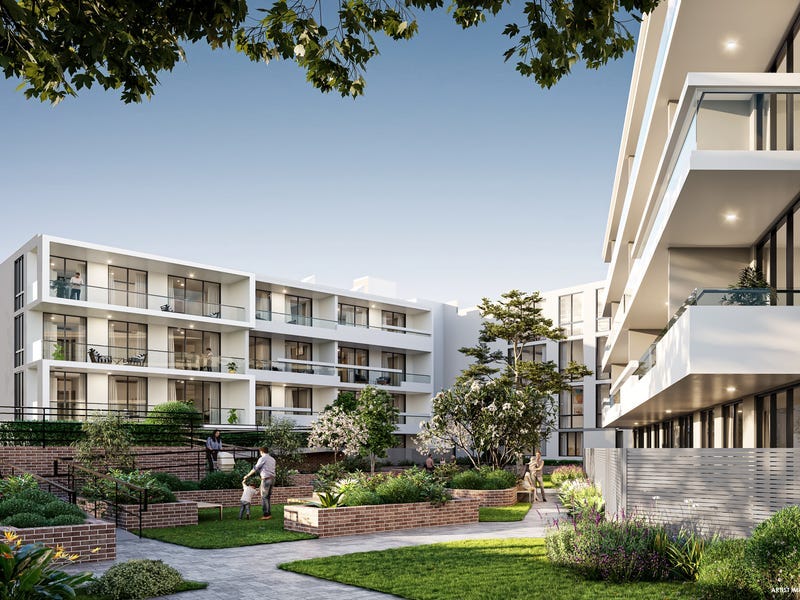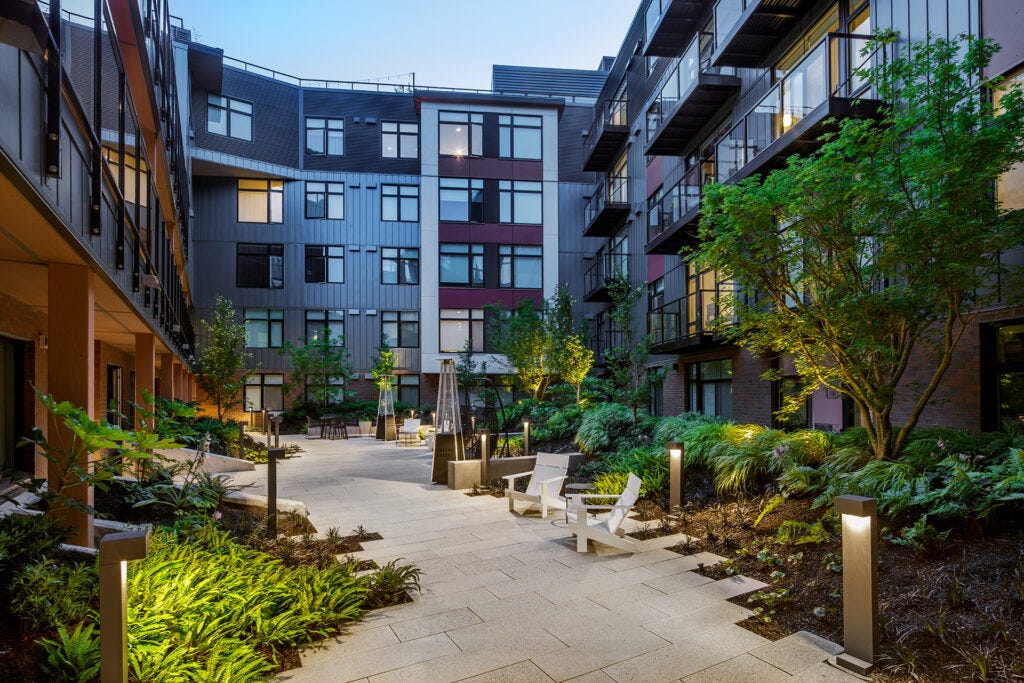Why Renting Might Be the Smarter Choice for Empty Nesters
And why we should make more rental options available for them.
When the last child moves out and the family home suddenly feels cavernous, many empty nesters face a pivotal decision: should they downsize by buying a smaller home while taking on a larger interest payment and higher taxes, or consider renting instead?
While homeownership has long been considered the cornerstone of the American Dream, renting offers compelling advantages for this stage of life that deserve serious consideration.
1. Freedom to Explore and Relocate
Empty nesters often find themselves with unprecedented freedom to travel, spend extended time with grandchildren in other cities, or even relocate to pursue new interests. Renting provides the flexibility to test out different neighborhoods, cities, or climates without the long-term commitment of homeownership. Want to spend winters in Arizona and summers near the grandkids in Oregon? Renting makes that lifestyle dramatically easier to achieve. You’re not tied down by the lengthy process of selling a home, and you can pivot your living situation as your priorities evolve during these dynamic years.
2. No Maintenance Headaches
After decades of unclogging gutters, replacing water heaters, and coordinating contractor schedules, many empty nesters are ready to hand over the maintenance burden. When you rent, a leaky roof becomes your landlord’s problem, not a $15,000 expense that derails your vacation plans. This freedom from maintenance isn’t just financial—it’s also about time and mental energy. Instead of spending weekends on home repairs, you can focus on hobbies, travel, volunteering, or simply enjoying your newfound freedom. The older we get, the more valuable this peace of mind becomes.
3. Predictable Monthly Expenses
Homeownership comes with unpredictable costs that can strain retirement budgets. A rental payment is typically your largest fixed housing expense each month, with utilities being the main variable. Homeowners, by contrast, face property taxes that can increase annually, homeowners insurance premiums that may spike dramatically, and unexpected repair costs that can reach thousands of dollars. For empty nesters living on fixed or semi-fixed retirement incomes, the predictability of renting can provide valuable financial stability and make budgeting significantly easier.
4. Access to Premium Amenities Without the Investment
Modern rental communities, especially those designed for active adults, often feature resort-style amenities like fitness centers, pools, clubhouses, and organized social activities. Accessing these amenities through renting costs a fraction of what you’d pay to replicate them in a purchased home. Want a pool? The installation and maintenance of a private pool can cost tens of thousands of dollars. Prefer a well-equipped gym? A home gym setup is expensive and requires space. Renting lets you enjoy these lifestyle perks without the capital investment, maintenance responsibilities, or the commitment of features you might not use long-term.
5. Preserving Capital for Other Priorities
For many empty nesters, their home equity represents a significant portion of their net worth. By selling and renting instead, you can unlock this capital for other financial priorities that may be more important at this life stage. This might mean having a larger investment portfolio that generates income, maintaining a robust emergency fund for healthcare expenses, helping adult children with down payments, funding grandchildren’s education, or simply having greater financial flexibility to enjoy retirement experiences while you’re healthy enough to do so. The opportunity cost of keeping hundreds of thousands of dollars locked up in home equity deserves careful consideration.
The Bottom Line
Renting isn’t the right choice for every empty nester, and homeownership certainly has its own advantages, including potential appreciation and the intangible benefits of putting down roots. Yet, the financial flexibility, reduced responsibility, and lifestyle freedom that renting provides make it an increasingly attractive option for this life stage - especially when there are good options available in desirable neighborhoods.
Communities must allow more diverse rental housing to accommodate a greater diversity of households. Local officials often reject housing types that empty nesters might want—not because they’re unsuitable, but because some officials wouldn’t personally choose them. What works for families with children doesn’t necessarily work once the kids move out.





All worth considering. But don't have pets.